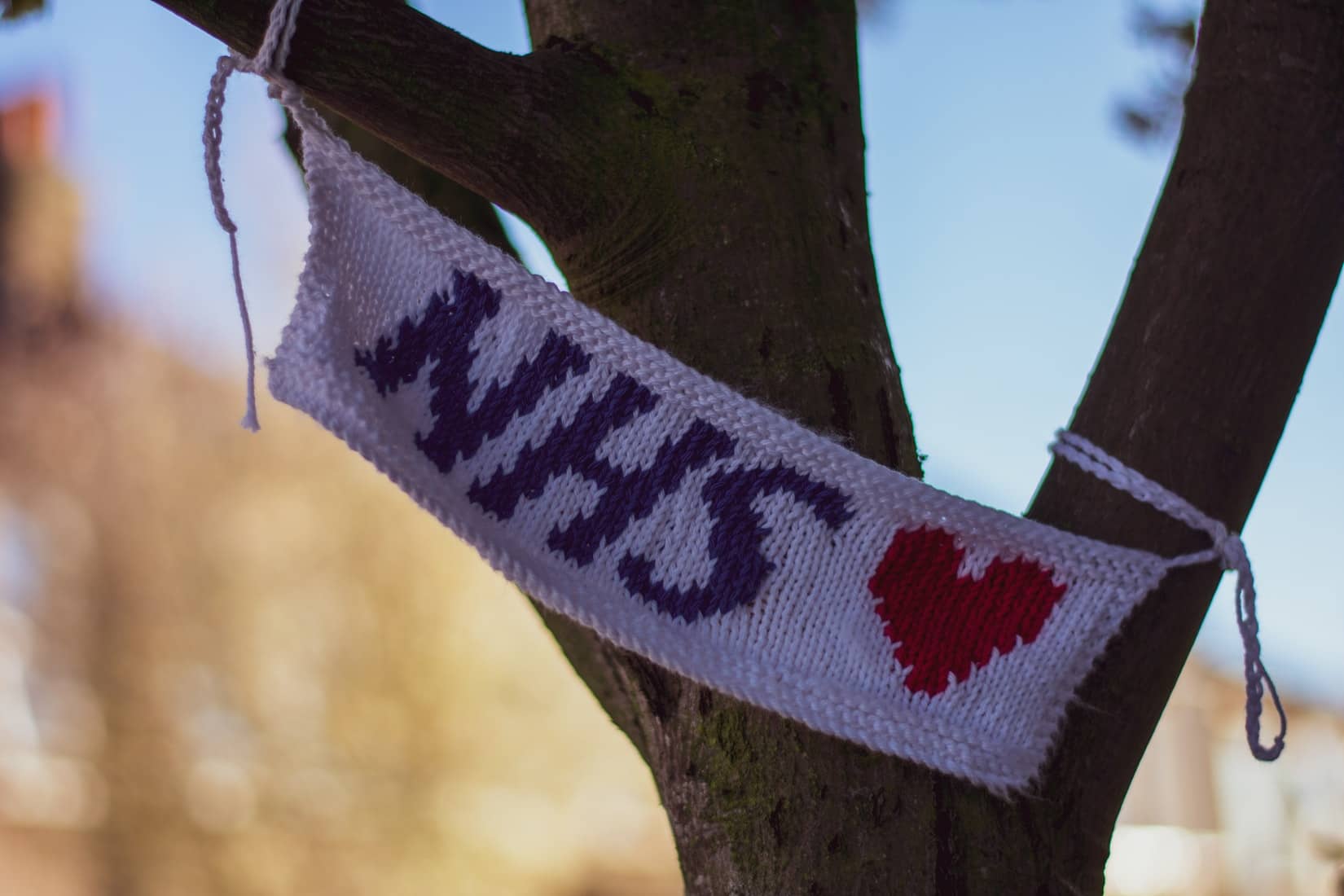OnTheWight always welcomes a Letter to the Editor to share with our readers – unsurprisingly they don’t always reflect the views of this publication. If you have something you’d like to share, get in touch and of course, your considered comments are welcome below.
This from Maggie Nelmes. Ed
Successive governments have been plotting to dismantle the National Health Service for many years.
The Health and Social Care Act 2012 removed the obligation on the Secretary of State for Health to provide us with healthcare, which was central to the founding of the NHS in 1948, ‘free at the point of delivery’. Primary Care Trusts and Strategic Health Authorities were swept away, to be replaced by Clinical Commissioning Groups, partly run by general practitioners, but also a major point of access for private service providers. In 2013, Public England, a new executive agency of the Department of Health, was set up. All of these measures paved the way for privatisation.
Clive Peedell, co-chair of the NHS Consultants Association, writing in the British Medical Journal, found “evidence that privatisation is an inevitable consequence of many of the policies contained in the Health and Social Care Bill”
Starved of funding
Over the decades, the NHS has been deliberately starved of funding, so that when the Covid pandemic hit, it was ill prepared. Due to this and government bungling, the UK had the highest death rate per capita in the world. And instead of making the very most of the resources available, the Government took advantage of the crisis to flout tendering laws and award contracts to friends and family with no experience of sourcing PPE and whose only interest was in maximizing profits.
The result? Many millions of pounds of public money wasted on substandard PPE; doctors, nurses and orderlies working in Covid wards without adequate protection, leading to staff illness and death.
Health and Care Bill
The Health and Care Bill was introduced into the House of Commons on 6th July this year, under cover of the ending of Covid restrictions in England and the start of the summer holiday season.
It has already passed its Second Reading and will go to Committee Stage this September.
Silence of the media
Faced with a major reorganization of the NHS in England, the national media has been amazingly quiet. Government control of the BBC, commercial stations’ fear of losing advertising revenue, and journalists’ fear of losing their jobs are all behind this wall of silence.
This has enabled the Government to push through the Bill without the public outcry you would expect for legislation designed to hammer the last nail into the coffin of the NHS in England.
Consequences of the Bill
The Health and Care Bill seeks to divide the NHS into 42 integrated care areas, replicating the United States Managed Care System. Private US healthcare companies have been working within the NHS for the past ten years to prepare for privatization.
If the Bill becomes law, these are some of the consequences:
- There will no longer be a statutory duty on any NHS body to arrange provision of secondary services, including hospital services.
- Integrated Care Boards will be able to award and extend contracts for healthcare services, of unlimited value, without having to advertise, including to private companies. This is what the Department of Health has got away with during the pandemic – and very lucrative it has been for friends and relatives of Government ministers.
- Private healthcare companies will be able to be members of Integrated Care Boards, their committees and sub-committees. These will plan NHS services and decide where money is spent.
- NHS England will have new powers to impose limits on expenditure by NHS Trusts and Foundation Trusts, which will lead to blanket bans on some treatments.
- To save money, there will be more down-skilling, such as nurses replacing doctors, which has happened during the pandemic, causing staff stress, lack of patient trust and greater risk of accidents.
No longer the envy of the world
Until recently, the NHS was the envy of the world, the best value for money. But cuts to services year on year and more and more privatisation (now you have to pay to have your ears syringed) has knocked it down several places.
The United States has one of the worst healthcare systems in the world and the most expensive. Health insurance does not cover all procedures – patients needing long-term and expensive treatments are often refused them. If they can’t afford private treatment, they are just left to suffer and decline.
Speak out now
If we don’t want a US private healthcare system in England, we need to speak out now, tell our friends and family, spread the word on social media.
Go to IoW Save Our NHS Facebook Group page to find out more.
Image: Tugce Gungormezler under CC BY 2.0





